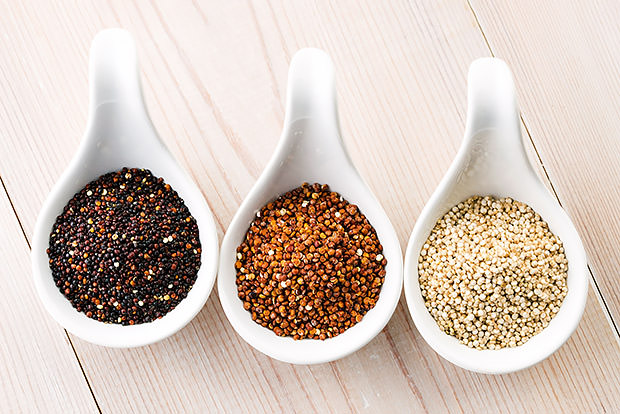
Reaching your fitness goals depends as much on your eating habits as on your exercise plan. The protein you consume plays a vital role in building muscle. Whether your aim is to slim and tone or to bulk up, getting the right type and amount of protein will help you achieve your exercise goals more efficiently.
Amino Acids
The protein we eat is made of multiple amino acids essential for building muscle. When you perform resistance training, it causes tiny tears in the muscle tissue. The tissue uses amino acids from your diet to rebuild itself, which leads to larger muscles and increased strength.
Protein Requirements
Healthy adults should get 10 to 35 percent of their daily calories from protein, but health organizations have made more specific recommendations based on body weight for those with clear health and exercise goals. The Institute of Medicine recommends that adults eat no less than 0.4 grams of protein per pound of body weight each day. Athletes have a slightly increased need. The Academy of Nutrition and Dietetics and the American College of Sports Medicine jointly recommended that athletes who focus on strength or speed should consume 0.5 to 0.8 grams of protein per pound of body weight per day. Endurance athletes should consume 0.5 to 0.6 grams per pound of body weight daily.
High-Quality Protein
Most people eat enough protein for general health, but sometimes, they aren't high-quality protein. High-quality protein provides the necessary amino acids for muscle building and supplies additional nutrients. For example, fish supplies protein with omega-3 fatty acids, and beans contain protein and fiber. Roasted or grilled lean meats and poultry provide protein without the excess saturated fat and sodium of fast food burgers and sandwiches.
There are also different types of quality protein: complete proteins that contain all nine essential amino acids and incomplete proteins that lack one or more of these amino acids. Animal-based foods, soybeans, and quinoa are complete proteins, while most other plant-based foods are incomplete proteins. By eating a variety of high-protein foods, it is possible to get all of the amino acids you need, even if you choose to eliminate animal products from your diet. As you track your protein intake to build muscle, ensure that you include high-quality protein for the most health benefit. Fish, poultry, beans, dairy, nuts, and whole grains are all great sources of muscle-building protein.
Sources



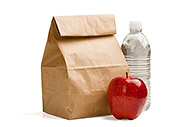 3 Healthy Lunches for Your Work Week
3 Healthy Lunches for Your Work Week
 5 Tips for Stretching Your Budget for Healthy Food
5 Tips for Stretching Your Budget for Healthy Food
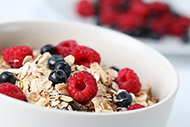 Best Ways to Reduce Added Sugar
Best Ways to Reduce Added Sugar
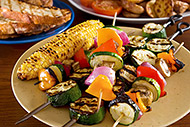 Healthy Tips to Lighten Up Picnic Foods
Healthy Tips to Lighten Up Picnic Foods
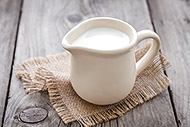 Do You Need to Drink Milk?
Do You Need to Drink Milk?
 Tips to Keep Track of Water Intake
Tips to Keep Track of Water Intake
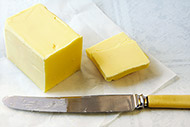 Butter vs. Margarine: What’s the Best Choice?
Butter vs. Margarine: What’s the Best Choice?
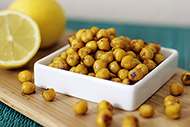 7 Good Mood Foods
7 Good Mood Foods

 Pinterest
Pinterest RSS Feed
RSS Feed